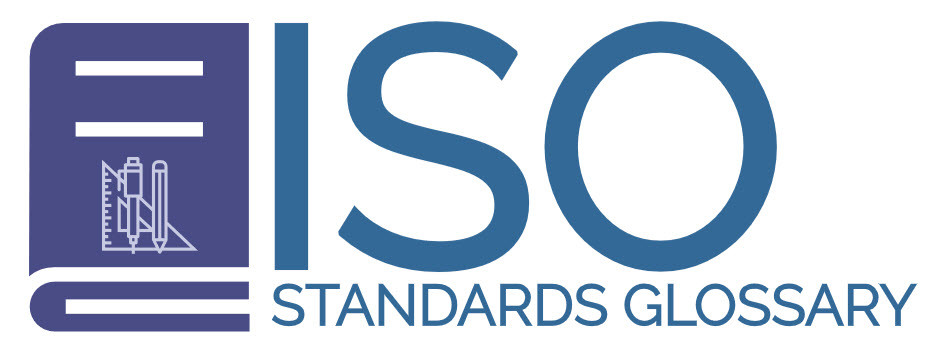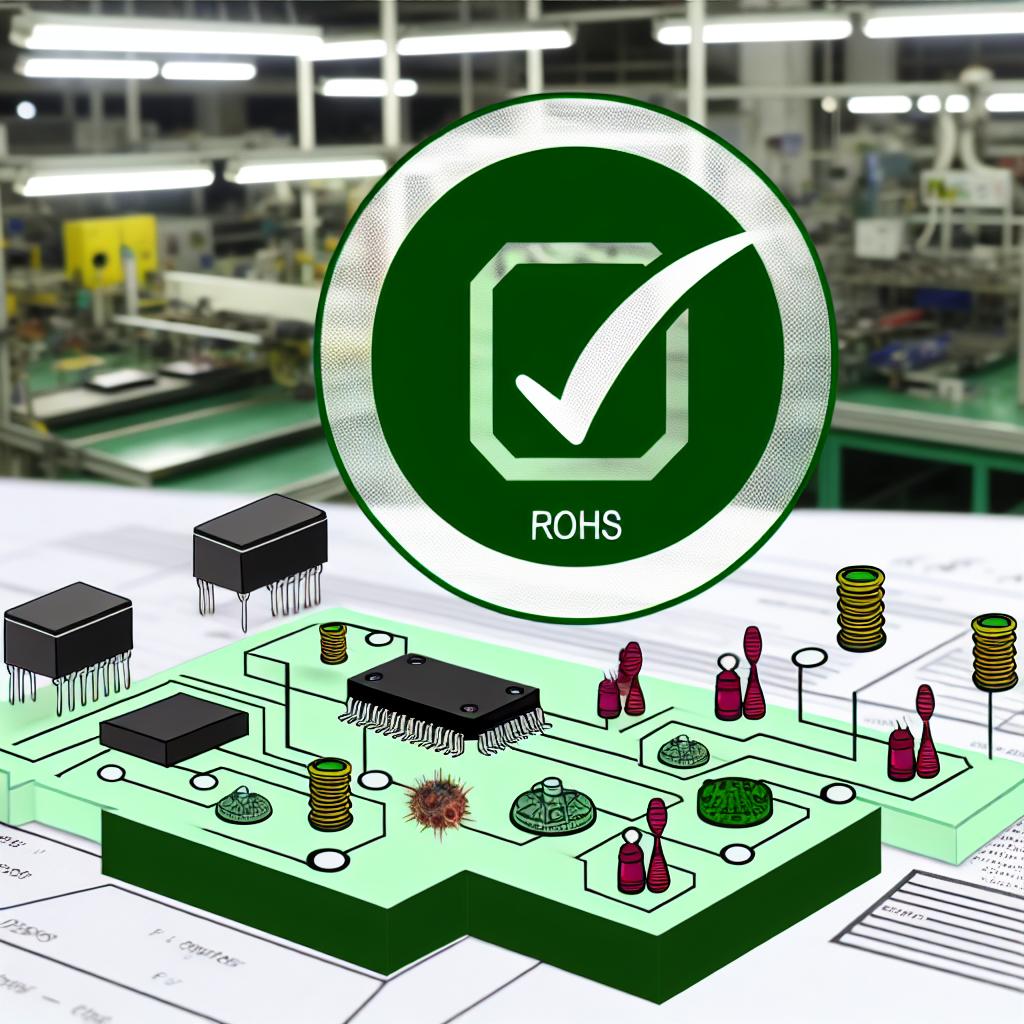The Significance of Compliance with RoHS in Electronics Manufacturing
In today’s world of electronics manufacturing, adhering to environmental guidelines and regulations is not just a regulatory requirement—it is an essential part of conducting responsible business. Among several regulations, the Restriction of Hazardous Substances (RoHS) Directive plays an indispensable role. Understanding RoHS compliance is key to ensuring electronic products are both human-friendly and environmentally sound. This article delves deeper into why such compliance is vital for those in the electronics manufacturing industry.
Understanding RoHS Compliance
The RoHS Directive originates from the European Union and primarily focuses on restricting certain hazardous substances in the manufacture of electrical and electronic equipment. The primary substances that RoHS targets include lead, mercury, cadmium, hexavalent chromium, and several polybrominated compounds. Each of these substances poses specific risks to both environmental and human health. By enforcing this directive, the EU seeks to minimize these risks and promote sustainability in electronic production.
RoHS was introduced in 2003, and since its inception, it has undergone multiple revisions to adapt to new scientific findings and emerging chemicals of concern. The essence of RoHS is not just about prohibiting harmful materials but also encouraging innovation in the electronics industry to find safer alternatives. This regulation underscores a broader shift towards sustainability, pushing manufacturers to rethink their material choices and processes in pursuit of greener electronics.
Health and Environmental Benefits
The restriction of hazardous substances brings considerable benefits to both health and the environment. Each prohibited material under RoHS has the potential to cause significant harm. For instance, lead, widely used in soldering, can lead to lead poisoning which affects multiple human organs. Meanwhile, mercury, often found in switches and relays, is highly toxic and can damage the nervous systems of humans and wildlife.
The improper disposal of electronics contributes heavily to environmental pollution through the release of these toxic substances. When electronics waste, or e-waste, is not correctly managed, it leads to leaching of harmful chemicals into soil and water systems, impacting both terrestrial and aquatic life. RoHS compliance thus plays a crucial role in advocating for better e-waste management practices, encouraging manufacturers to develop end-of-life solutions for their products.
Global Market Access
For any manufacturer aiming to attain significant market share globally, RoHS compliance is a necessity. While it originated in the EU, the principles of RoHS have been adopted worldwide, with many countries enacting similar regulations to protect their environments and populations. As a result, manufacturers who meet RoHS standards are strategically positioned for greater international market access.
Being RoHS compliant means not only adhering to EU regulations but also being prepared to enter markets such as China, Japan, South Korea, and several other economies that have enacted RoHS-like legislation. The alignment of manufacturing processes with these standards ensures that companies are not restricted by regulatory barriers when looking to export their goods worldwide.
Consumer Confidence and Brand Reputation
The modern consumer is more environmentally conscious and invested in sustainable practices than ever before. In this context, RoHS compliance is instrumental in shaping consumer perception and trust. When a company showcases a commitment to health and sustainability, it often improves consumer confidence and brand perception. This adherence conveys a powerful message: the company values not only profits but also the environment and public well-being.
Increased consumer confidence driven by RoHS compliance can result in higher brand loyalty and, eventually, better sales. Companies known for their environmental stewardship typically enjoy elevated brand status, which can further translate into long-term competitive advantage and growth. Moreover, shareholders and investors are increasingly considering environmental practices as key factors in their investment decisions, further bolstering the importance of being seen as an environmentally responsible brand.
Regulatory Risks and Penalties
Ignoring or failing to comply with RoHS requirements poses significant risks. These risks are not just reputational but also carry serious legal and financial consequences. Authorities responsible for enforcing RoHS have the power to impose substantial penalties on non-compliant companies. These penalties can include hefty fines, mandatory product recalls, or even bans on selling products in certain regions and markets.
The regulatory landscape surrounding RoHS is continuously evolving, and companies must stay updated with changes and amendments to avoid compliance pitfalls. Many manufacturers opt to work with third-party organizations that specialize in certification and compliance to aid them in navigating this complex regulatory terrain. Organizations such as TÜV Rheinland offer services that can help manufacturers ensure that their processes and products align with the latest RoHS standards, thus minimizing the risks associated with non-compliance.
Conclusion
In conclusion, RoHS compliance is more than just a legislative requirement in electronics manufacturing; it is a cornerstone of responsible and sustainable business practice. Compliance ensures that electronic products are safe not only for users but also in terms of their environmental footprint. It offers manufacturers key advantages in accessing global markets and shields them from regulatory risks. Equally significant are the benefits of enhanced consumer trust and support for public safety.
Therefore, prioritizing RoHS compliance is essential for any manufacturer aiming for sustained business growth and positive societal impact. By integrating RoHS principles into their business models, manufacturers can benefit financially while contributing to the overarching goal of a more sustainable and healthier planet.

